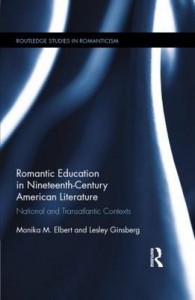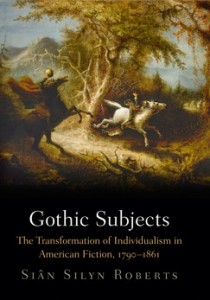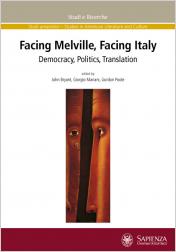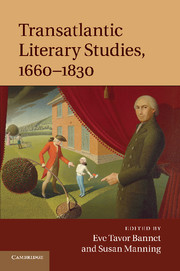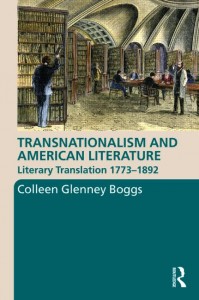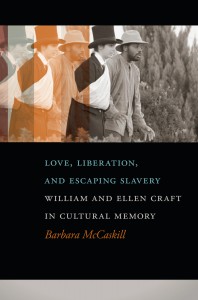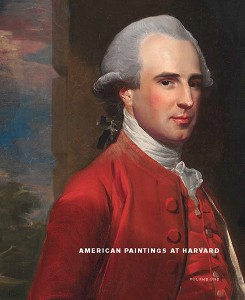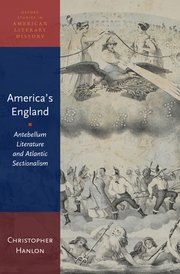Transatlantic Connections Conference 3 January 2016 13-17
Call For Papers
The Transatlantic Connections Conference is a unique, multi-disciplinary gathering that aims to encourage conversation between scholars and researchers of Irish and Irish-American culture and the writers, artists, local historians, surfers, musicians, skaters, chefs, poets, thinkers and readers of Irish and Irish-American culture.This is the third year of Transatlantic Connections, and the overall theme of this year is Ireland and the Diaspora.
The location is in Bundoran, in County Donegal, an incredibly cultural and scenic county, sandwiched between the province of Northern Ireland to the east, the counties of Sligo and Leitrim to the south, and the wild Atlantic Ocean all along the west coast. Bundoran is a small seaside town that has experienced the vicissitudes of Ulster history, a community of people who share a love of Irishness, hospitality, the ocean and the craic (that’s a Gaelic word for fun!)
History and Culture matter in Ireland. It has always been a country that is very aware of its political and cultural past. But there are less well-known aspects of Irish culture. Irish creativity is well-known in literature, it was inevitable that it would spill into other areas of popular culture, especially where subcultures such as surfing and skating began to thrive. Interesting things are happening in Irish film and media, music, art and design. The same talents that launched a thousand books and poems are now busy being creative in all sorts of contemporary directions. This deserves our attention.
American influence and opinion has always been important in Ireland, and Irish people have made very important contributions to the culture of the United States. This conference aims to identify some of these experiences, discuss them, celebrate them and encourage their continuity. Our range of panels reflects the eclectic nature of these experiences, and our objective of integrating the academic conference experience with an authentic experience of a vibrant and current Irish Culture.
Papers are invited in the following areas:
Diaspora Studies
History
Literary Studies
Creative Writing
Popular Culture
Traditional Irish music
Film & Media Studies
Irish Language: An Ghaeilge
Medical Humanities
Peace Studies
For further information, please email drewtransatlantic@gmail.com or visitwww.taccireland.com
